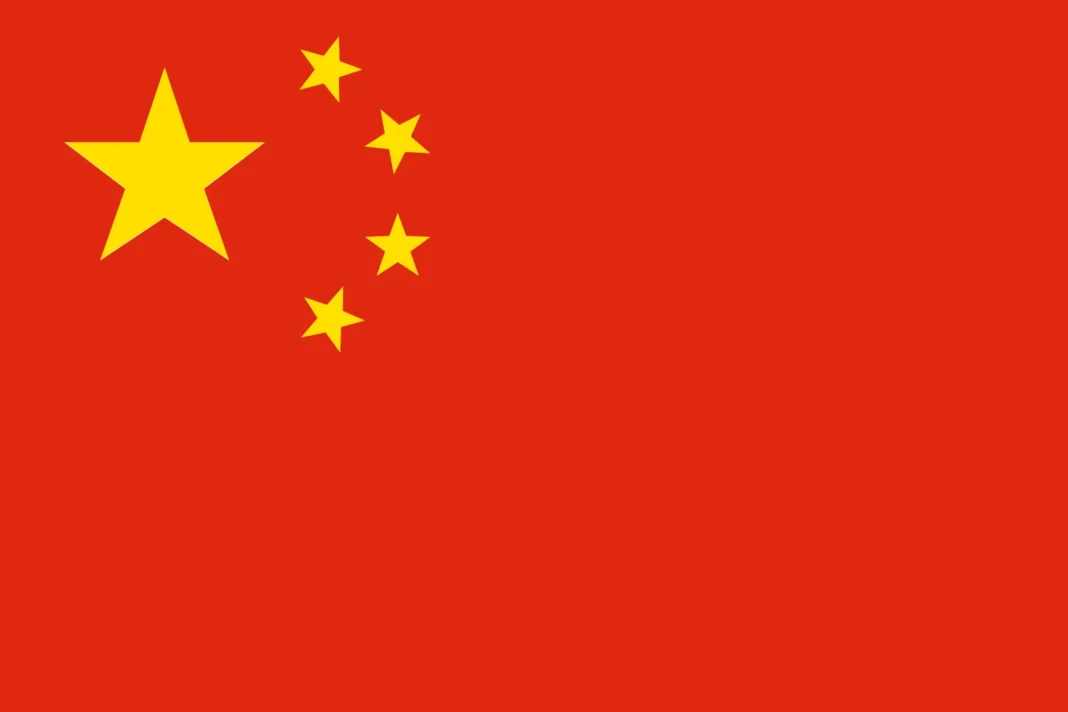The meteoric rise of the Chinese e-commerce platform Temu in the United States has set off alarm bells due to its potential to serve as a Trojan horse for Beijing’s insatiable appetite for data and global surveillance. Owned by the Chinese tech giant Pinduoduo, Temu has skyrocketed in popularity, becoming the second-most visited retail website in the world within months of its launch in September 2022.
Temu’s success has been fueled by a predatory pricing strategy, offering goods at rock-bottom prices to rapidly capture market share. This aggressive expansion, however, comes at a steep cost – one that could jeopardize Americans’ privacy and national security. As citizens flock to the platform, lured by deep discounts and gamified shopping experiences, they may unwittingly hand over reams of sensitive personal data to the Chinese Communist Party (CCP).
The pattern is a familiar one. From TikTok to Huawei, Beijing has repeatedly exploited the global reach of its tech firms to engage in espionage, cyber intrusions, and malicious data harvesting. The CCP’s modus operandi is to weaponize commercial enterprises, coercing them into funneling user data back to China’s voracious intelligence apparatus.
Temu’s potential for abuse is particularly alarming given the breadth of information it can capture. When making purchases, users must divulge names, addresses, phone numbers, credit card details, and insights into their shopping habits – a goldmine for Beijing’s prying eyes. If this treasure trove of data falls into the wrong hands, it could enable intrusive surveillance, blackmail, scams, and other egregious violations of privacy.
The risks extend beyond individual citizens. As President Biden warned in the context of Chinese auto imports, connected devices and platforms like Temu could grant Beijing access to sensitive data about America’s critical infrastructure, military capabilities, and national security secrets. This digital Pandora’s box, once opened, could compromise the nation’s defenses and undermine its strategic advantages.
Beijing’s data hunger games are not limited to the realm of e-commerce. TikTok, the wildly popular video-sharing app, has also been identified as a potential Trojan horse for the CCP’s nefarious machinations. Concerns abound that the platform could be weaponized for influence operations, data harvesting, and even installing malware on users’ devices.
The CCP’s track record of exploiting technology for authoritarian control and global dominance is well-documented. From the Great Firewall of China to the Orwellian social credit system, Beijing has consistently demonstrated a brazen disregard for individual privacy and human rights. Its ambitions are clear: to establish a digital panopticon that extends beyond China’s borders, enabling the regime to monitor, manipulate, and subjugate populations worldwide.
In the face of this existential threat, the United States and its allies must remain vigilant and proactive. The Biden administration’s recent executive order on preventing access to Americans’ sensitive data by adversary nations is a step in the right direction. However, more needs to be done to fortify digital defenses and safeguard the free world’s democratic values.
Lawmakers and regulators must scrutinize platforms like Temu with a critical eye, imposing stringent data protection measures and mandatory transparency requirements. Cybersecurity protocols must be enhanced to thwart potential breaches and malware threats. Additionally, public awareness campaigns should educate citizens on the risks associated with using Chinese tech products and services.
The battle for digital sovereignty and the preservation of individual liberties is a defining challenge of our time. The CCP’s relentless pursuit of data domination poses an existential threat to the free world’s fundamental values of privacy, freedom, and human dignity. As Temu’s rapid ascent demonstrates, the frontlines of this conflict extend far beyond the realm of social media and into the seemingly innocuous realm of online shopping.
In this high-stakes game, complacency is not an option. The free world must remain ever vigilant, resolute in its commitment to upholding the principles of democracy, human rights, and the rule of law. Only by standing firm against the CCP’s authoritarian overreach can we safeguard the digital rights and liberties that underpin our open societies. The future of freedom itself may depend on our ability to outmaneuver Beijing’s data hunger games.

